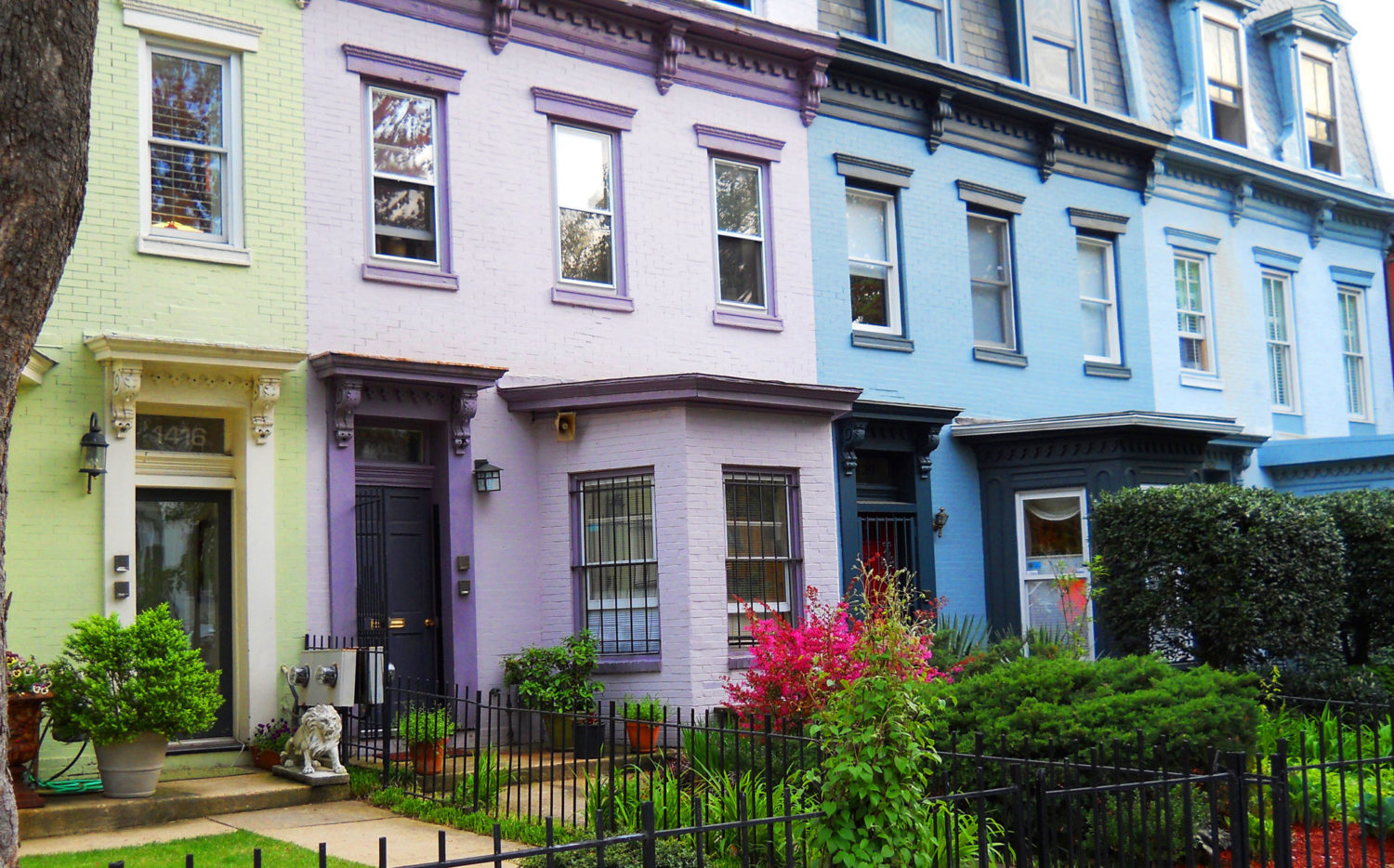
In celebration of April Fair Housing Month, the Black Homeownership Collaborative (BHC) held a Fair Housing Forum to discuss ways to increase fair access to quality credit in communities of color. The BHC is a diverse group of housing advocates and industry leaders working together to create 3 million net new Black homeowners by 2030. April Fair Housing month recognizes the passage of the Fair Housing Act, a law designed to desegregate housing and increase mortgage access for communities of color. However, the Black homeownership rate remains as low today as it was before the Fair Housing Act was passed in 1968. This forum convened leaders from the Federal Housing Finance Agency (FHFA), Freddie Mac, and the U.S. Department of Housing and Urban Development (HUD) to discuss efforts to increase access to homeownership for historically marginalized communities, expand economic opportunities, and address the racial wealth gap.
Keynote speaker Michael J. Hsu, Acting Comptroller of the Currency, highlighted the significant challenges faced along the pathway to homeownership for Black Americans in the United States. Black Americans experience higher mortgage denial rates, lower home valuations, and a multi-generational wealth gap. As Hsu stated, “It is important both historically and currently that we have the tools and strategies to address [issues of race].” Hsu calls on the importance of the “federal government, including the OCC, to make real change by expanding fair access and homeownership opportunities for minorities and LMI areas.”
The launch of the PAVE task force and Project REACh, two initiatives highlighted by Acting Comptroller Hsu, work toward “greater federal oversight and effective monitoring for discrimination.” When questioned by Bryan Greene, Vice President of Policy Advocacy at the National Association of REALTORS®, about taking race into account in CRA modernization, Hsu shared that the new rules “would give regulators new tools intended to update how we examine bank CRA performance and encourage greater dollars reaching LMI individuals and communities.”
Nikitra Bailey, Senior Vice President of Public Policy at the National Fair Housing Alliance, led representatives from HUD, FHFA, and Freddie Mac in a discussion of federal efforts toward increasing access to quality credit and the impact of housing discrimination on credit worthiness for borrowers and communities of color. Demetria McCain, Principal Deputy Assistant Secretary for Fair Housing and Equal Opportunity at HUD, and James Wylie, Associate Director of Fair Lending at FHFA, expanded on the memorandum of understanding between the agencies and highlighted the importance of interagency coordination, including efforts on fair housing and fair lending to promote information sharing and monitoring compliance. Pam Perry, Single-Family Vice President of Equitable Housing at Freddie Mac, addressed the bias and discriminatory barriers within housing, noting that expanding access to fair credit must include reaching prospective borrowers and strategies to make a direct impact on historically marginalized communities.
The forum also featured presenters Wendy Penn, Associate Vice President at Mortgage Bankers Association, and Dennis Shea, Executive Director of the J. Ronald Terwilliger Center for Housing Policy at the Bipartisan Policy Center. Sharing the Story of CONVERGENCE, Penn outlined the mission and impact of the initiative towards increasing Black homeownership and homeownership sustainability currently underway in Columbus, OH, Memphis, TN, and with a location launching this year. Shea highlighted BPC Polling Results showing that the value of housing and housing security remains an essential issue across the political spectrum.
A major theme from both government and private sector participants was the importance of collaboration to ultimately address discriminatory practices and the racial wealth gap, expanding fair access and a pathway to homeownership for all Americans. For more information on the 7-Point Plan and updates, please check out 3by30.org.

